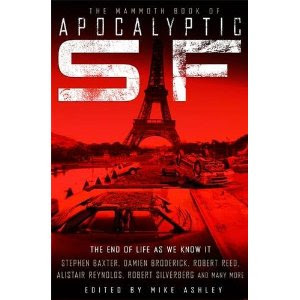Guff-suff With Sushma Joshi | The Buzz | Book | wavemag.com.np
My interview in Wave Magazine, Nepal's youth magazine. _________________________________________________________ Guff-suff With Sushma Joshi In numerology, Sushma means inspiring, intuitive, and creative. These characters define Sushma Joshi, writer of a collection of short stories entitled The End of the World. She talked to Wave about her fascination with Paul, the future telling Octopus . FROM ISSUE # 176 (August 2010) | PHOTO SEBASTIAN MEYER/GRAPHICS WAVE Who do you write for: you or your readers? I write because the story begs to be told. I don't think about myself or the readers. How do you choose the names for your characters? Sometimes I take them from myths, sometimes newspapers. What is the most hurtful thing people have said to you? I can't remember now, so they can't have been that hurtful. Wh...




